The Southfield Musician
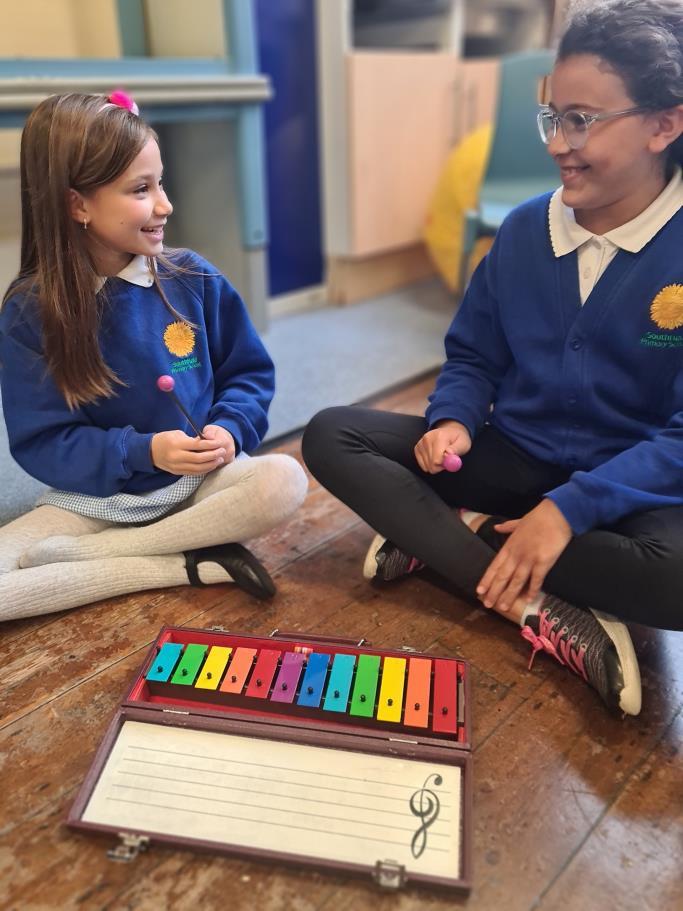

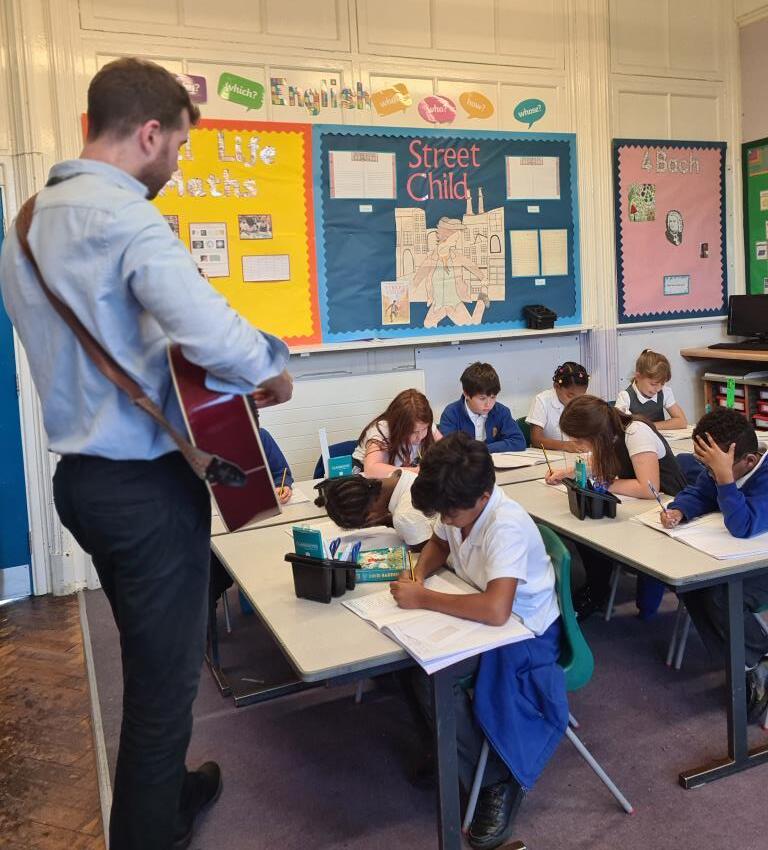

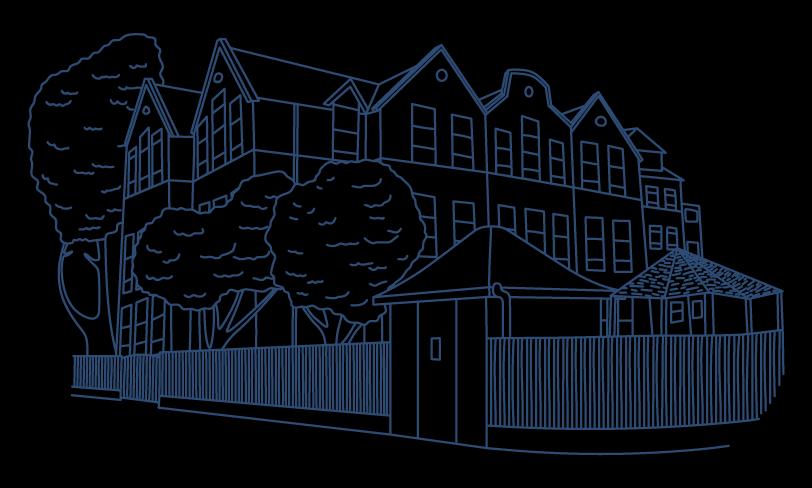












At Southfield, we believe providing pupils with a rich and diverse music education is fundamental to helping to unlock their creative potential. Our music curriculum sets out to allow children a broad range of musical experiences within primary school, giving pupils the foundation to explore their talents and passions.
Our curriculum is designed from Reception toYear 6 and based on three core subjects:
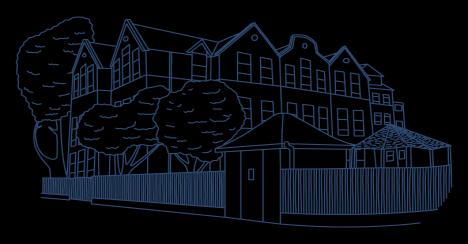
Songwriting with Glockenspiels
Singing
These are delivered across three half terms throughout the year. The remaining three half terms within an academic year will be instrument focused in order to ensure pupils have the opportunity to perform on a variety of tuned and untuned instrumentation from a wide range of different cultures.
To ensure that the curriculum is progressive and differentiated from year group to year group, the three core subjects pupils will study are year group specific. We have written the lesson plans with this intent in mind and targeted the learning at that specific year group. When pupils commence one of our instrumentation courses, unless they have prior knowledge and experience of the instrument, they will begin by learning the basics of the instrument and will progress through the levels year by year.
Achieving our intent hinges upon classes having Music delivered by a specialist teacher every week for a 45 minute session for a full academic year. We will show our intent through the use of progression maps and curriculum link documents that will evidence how each of our activities hit certain national curriculum points. We do all of this in the hope that at the end of an academic year, pupils will have accessed a wide range of musical experiences and developed their musical understanding in order to continue their musical journey.
Core areas


Singing
Music Theory with keyboards
Songwriting with Glockenspiels
Instrumentation Subjects



Boomwhackers
Electric drums
African drums
Ukuleles
Class Jam
Percussion
Samba drumming
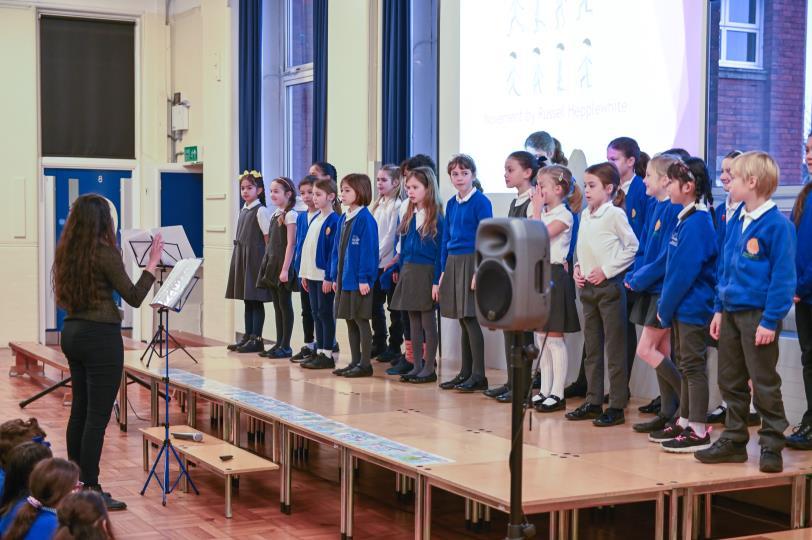
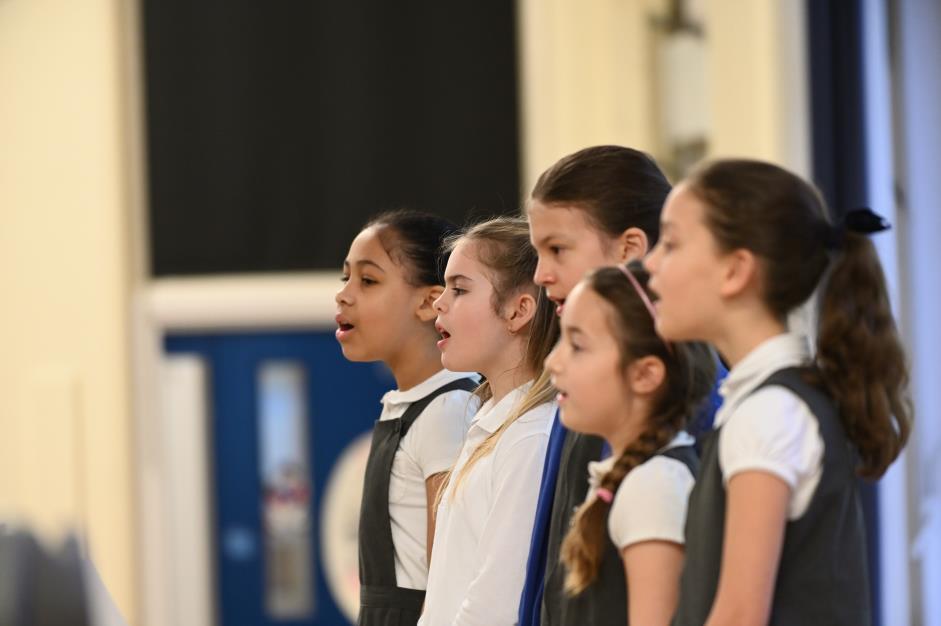
Keyboards
Steel pans

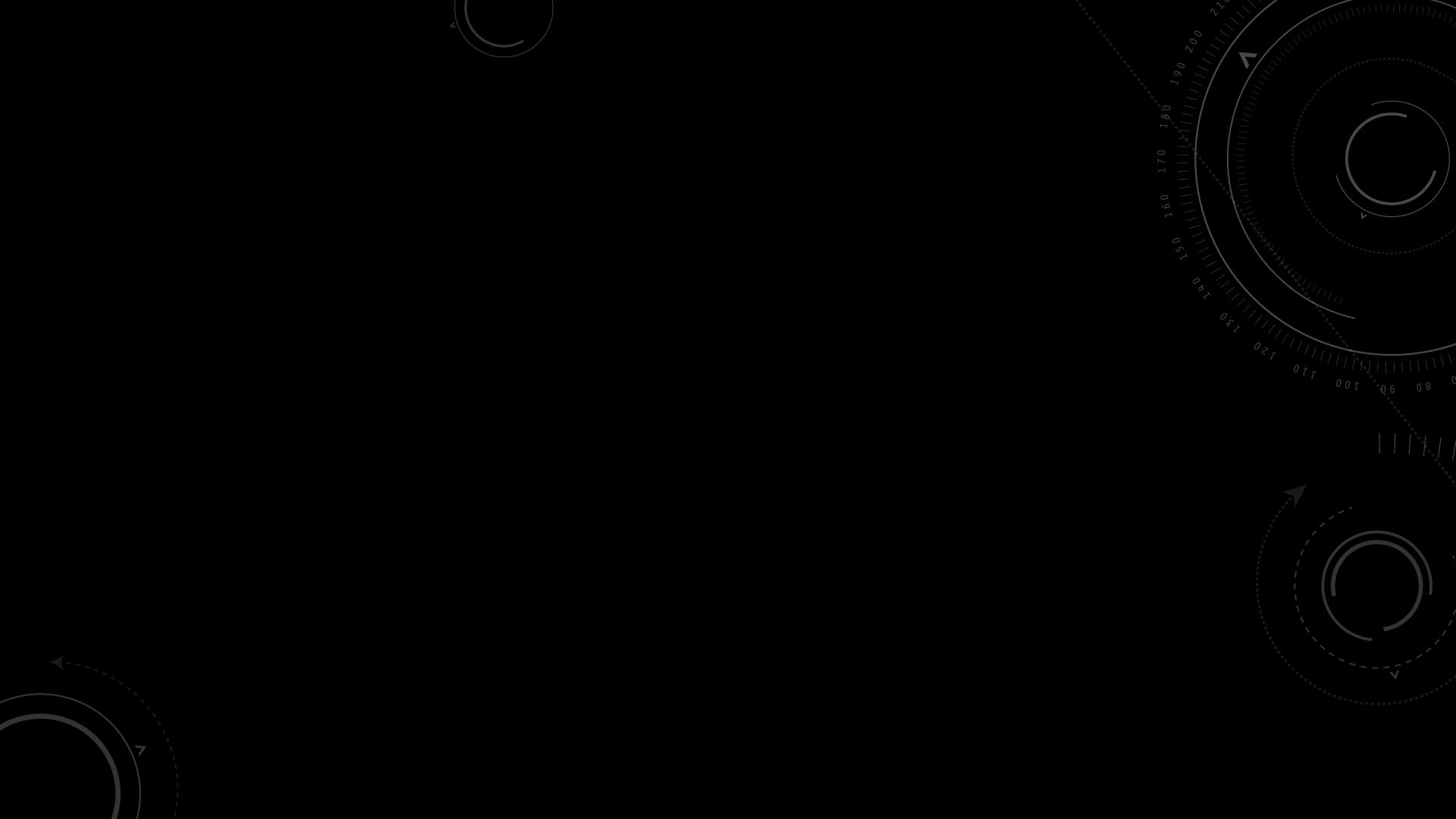
We have created a full comprehensive curriculum that we implement across the academic year. As stated in our intent, we have created a curriculum that spans from Reception toYear 6. Our curriculum content includes concepts, knowledge, skills and objectives for our specialist teacher to use in each session and as stated previously, is comprised of Core Subjects and Instrumentation Courses.
Our three core courses have been developed to contain the majority of curriculum links and foundational knowledge. These courses are year group specific and have been developed in accordance with both the national curriculum for music and the Model Music Curriculum (2021).

• Singing – Our singing courses are taught to all years from EYFS toYear 6. Through singing, pupils will learn about key elements such as pitch and dynamics as well focusing on their vocal health, breathing and posture. EYFS will have a greater focus on singing in order to access musical experiences without instrumentation.
• Music Theory with Keyboards – Music Theory with Keyboards is taught across six levels fromYear 1 toYear 6. Pupils will explore the fundamentals of music using the keyboards to understand elements of musicianship such as melody, harmony and pulse.
• Songwriting with Glockenspiels – Songwriting with Glockenspiels gives pupils the opportunity to explore composition across KS1 and KS2. Within these courses, pupils will also focus on musical listening. Across all levels, pupils will complete a weekly listening time where they will critically listen to a variety of musical examples appropriate for their year group as set out in the Model Music Curriculum.
Through our instrumentation courses, pupils will be given opportunities to celebrate, share and experience musical development and consolidate their learning from our core courses. Pupils will learn about the history and cultural significance of the instruments they are playing and will be able to develop their aural skills. These courses allow pupils performance opportunities within the classroom in order to develop confidence not only within music but across their academic careers.
Reception Year 1 Year 2 Year 3 Year 4 Year 5 Year 6
Autumn 1
African Drumming
Autumn 2
Boomwhackers
Spring 1
MusicTheory with Keyboards
Intro to djembe drum
Warming up and cooling down
Vocal techniques to create feeling
Playing and listening skills
Introduction to Boomwhackers orchestra
Recognising and understanding notation
Keeping time Understanding Rhythm Creating a soundscape Focus on tempo Understanding performance
Reading colour coded notation
Beginners songs Playing technique Sight reading Chord playing
Film composition and music genres
Reading and playing music Understanding musical language
Rhythm notation and time signatures
Understanding Pitch and Rhythm
Spring 2
Keyboards Group performance
Summer 1
Songwriting with Glockenspiels
Intro to playing Keyboards
Notes and Rhythms Creating Sounds
Following rhythmic notation

Composing Songs
Reading music Understanding finger and hand positions
Songwriting Processes
Performing using both hands
Songwriting for Films Writing Lyrics to composed pieces
Composing melodies
Publishing Music
Summer 2
Singing Understanding Choirs Singing in Rounds Vocal range and Harmonies
Posture and Breathing Musical phrasing Warming up and cooling down
Conducting





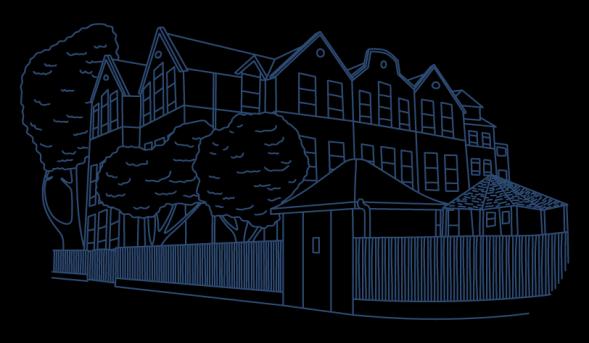

Being imaginative and expressive

Fine Motor Skills Listening attention and understanding Self Regultion Managing Self Building Relationships
African drumming x x x x x x
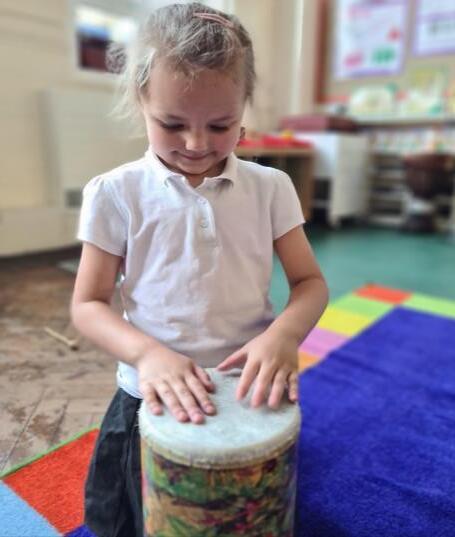
Glockenspiels x x x x x x
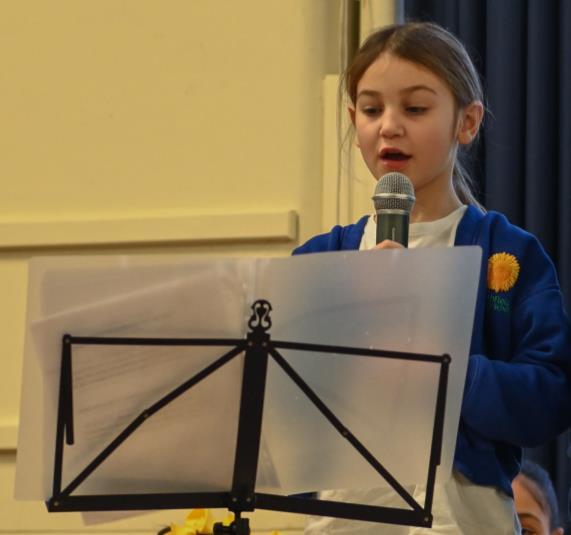
Singing x x x x x

Using their voices expressively and creatively by singing songs and speaking chants and rhymes.
Play tuned and untuned instruments musically.

Listen with concentration and understanding to a range of highquality live and recorded music.
Experiment with, create, select and combine sounds using the interrelated dimensions of music.


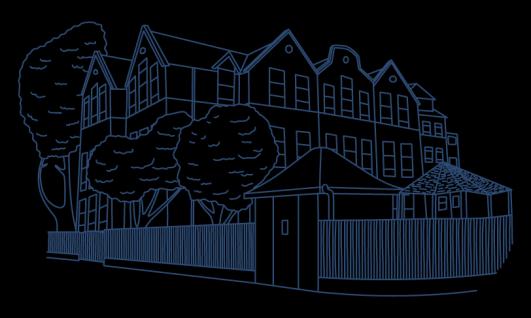
Play and perform solo and ensemble contexts, using their voices and playing instruments with increasing fluency, accuracy, control and expression.
Improvise and compose music for a range of purposes using the interrelated dimensions of music.


Listen with attention and recall sounds with increasing aural memory.
Use and understand staff and other musical notations.
Appreciation and understand a wide range of high-quality live and recorded music drawn from different traditions and from great composers and musicians .
African drumming x x x x
Boomwhackers x x x x
Develop an understanding of the history of music.
Music theory with keyboards x x x x x x
Keyboards x x x x x
Songwriting with glockenspiels x x x x x
Singing x x x
Boomwhackers –Year 3


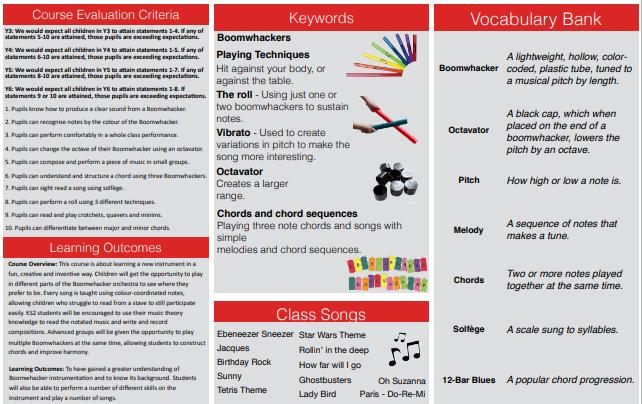


African Drumming – EYFS

Songwriting and Glockenspiels –Year 6
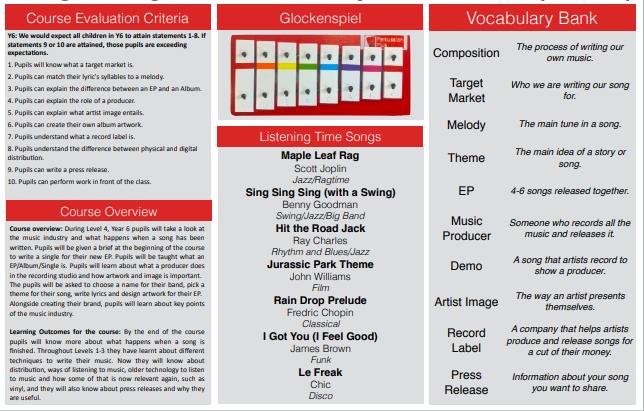
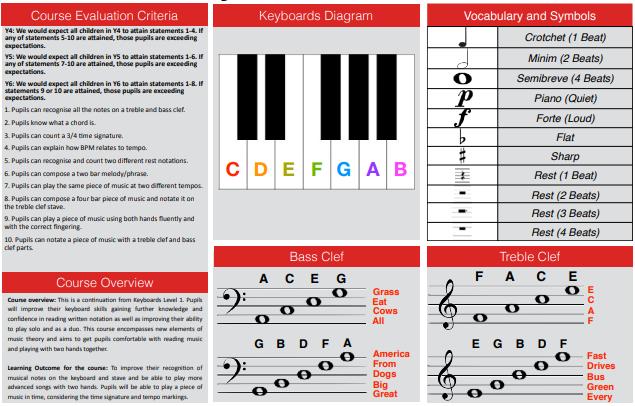
Keyboards–Year 4

-




The success of our curriculum is evidenced in a number of ways. It was important to us while thinking of how to best structure our curriculum that our pupils knew why and not just how to do the things that were being asked of them.
When pupils have completed each music course, the pupils will reflect on their learning and contextualise their knowledge. Our curriculum enable pupils to explore a broad range of musical elements and develop the tools they need to continue their musical journey in either a listening, composing or performance capacity.
In each session, our specialist teacher closely monitors pupils to ensure progress is made and that the objectives we have set out to achieve in our curriculum are met. This will gauge pupils’ understanding and retention of knowledge.
We measure and evidence impact in the following ways:
- Verbal feedback - in lessons
- Session forms – weekly reports completed by our specialist
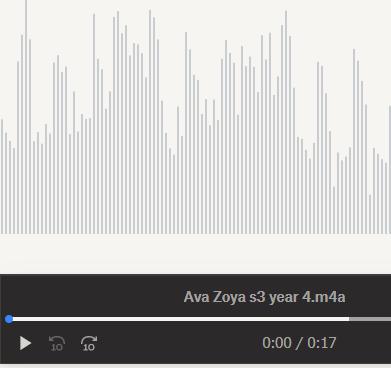
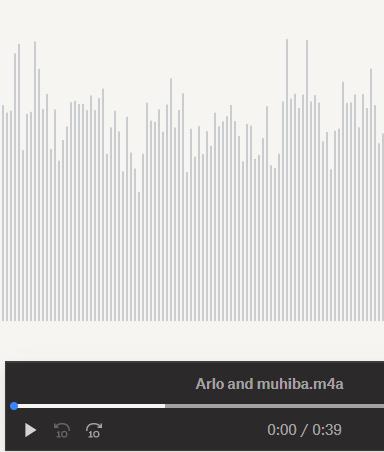
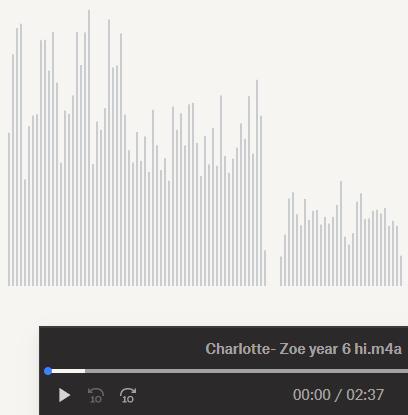
Course evaluations – half termly reports for each class measuring performance against curriculum statements which track progress against national expectations
- Uploads – each half term examples of work from each class will be uploaded to a Dropbox to keep as evidence, use for displays and share with the children.


